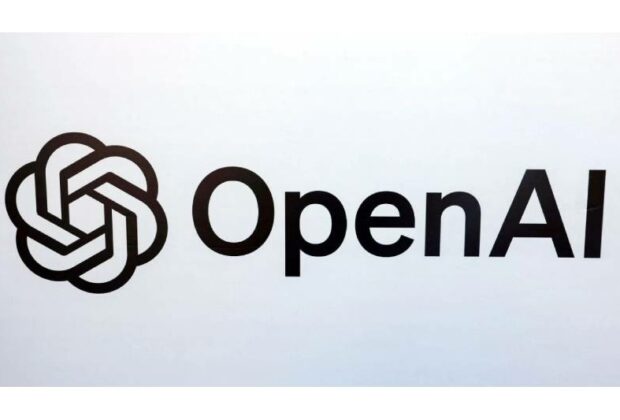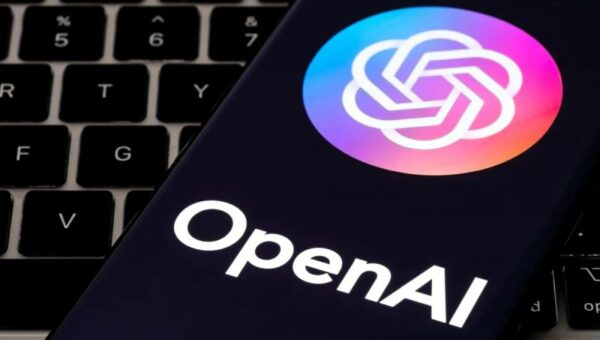OpenAI is gearing up to release its first open-weight language model with enhanced reasoning capabilities in the coming months. This marks the company’s first such release since GPT-2, according to CEO Sam Altman.
What is an open-weight language model?
An open-weight language model allows public access to its trained parameters, or weights, enabling developers to fine-tune and analyze the model for specialized applications. Unlike open-source models, which provide access to the entire source code, training data, and methodologies, open-weight models offer limited but valuable accessibility.
OpenAI’s Developer Engagement Plan
OpenAI plans to collaborate with developers to refine the usability of its open-weight language model. Altman announced via X (formerly Twitter) that the company will host a series of developer events to gather feedback and test early prototypes.
The first event is scheduled to take place in San Francisco within a few weeks, with additional sessions planned across Europe and the Asia-Pacific region.
Strategic Vision and Market Adaptation
Earlier this year, Altman emphasized OpenAI’s commitment to streamlining its AI offerings, outlining a structured roadmap for the latest advancements. The company aims to enhance AI accessibility while maintaining robust performance.
Furthermore, OpenAI, backed by Microsoft must transition to a for-profit model by the end of the year. This move is essential to securing the full $40 billion funding led by SoftBank Group (9984.T), as reported by an insider.
The transition to an open-weight model signals a major shift in OpenAI’s approach, fostering innovation within the developer community. It also underscores the need for significant capital investment to drive cutting-edge AI developments.
With OpenAI at the forefront of AI evolution, the release of an open-weight language model could redefine how businesses and developers harness artificial intelligence for diverse applications.








